The Importance of Being Earnest at Noël Coward Theatre
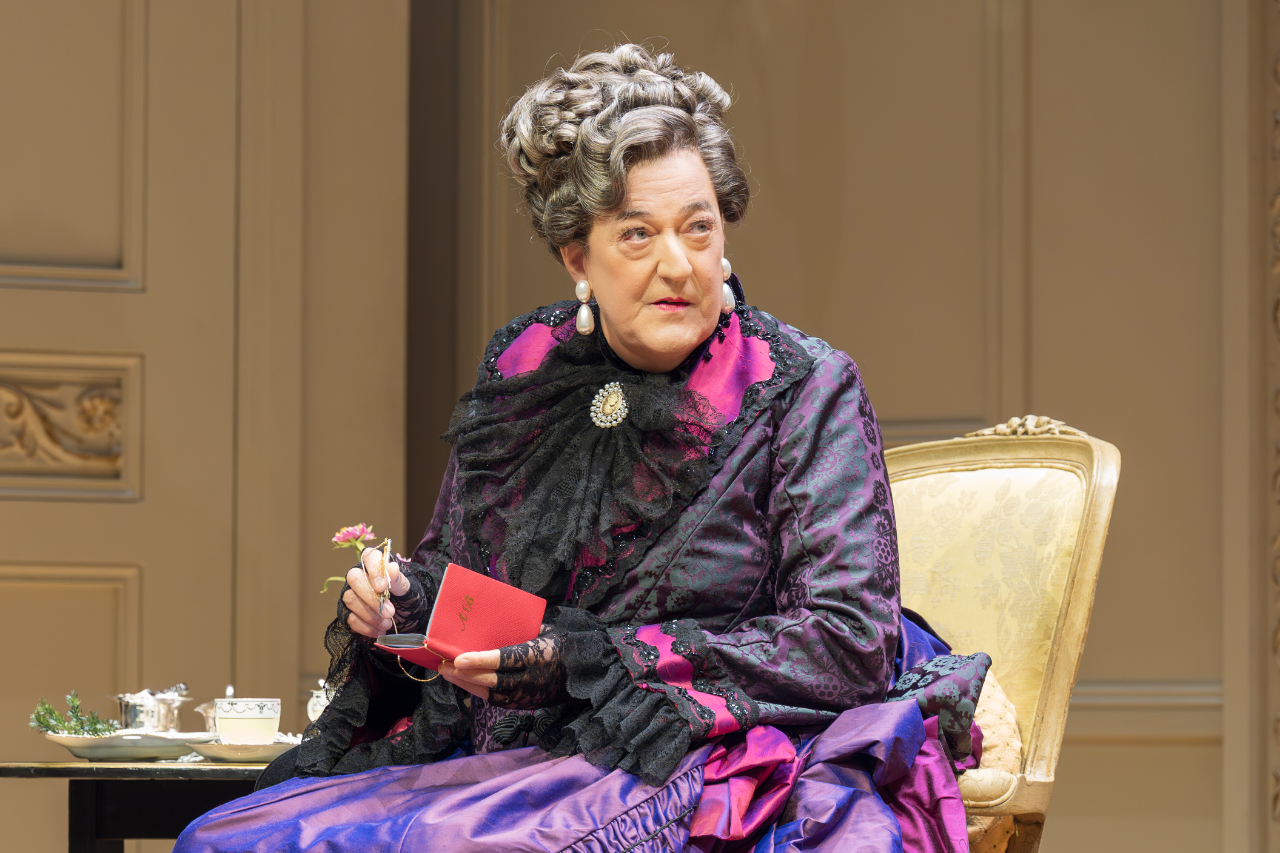
In many respects, Oscar Wilde’s famously bawdy farce is shaded in most poignantly by a work that came about after its February 1895 debut. In De Profundis, the 50,000-word, prison-written letter in which Wilde spoke with excoriating clarity of his own incarceration for public acts of indecency, the infamous arch jester and missile-precise wit of the London pub scene declared that, “To deny one’s own experiences is to put a lie in the lips of one’s own life. It is no less than a denial of the soul.” In that light, not least considering its use (alongside The Portrait of Dorian Gray and other Wilde works) at trial as proof of Wilde’s closely connected moral vacuity and sexual deviousness, the arch silliness of The Importance of Being Earnest has always been charged with additional layers of defiance.
Naturally, none of that ought to get in the way of a good time, and this new Importance – transferring to the West End after an acclaimed run at the National Theatre – is much too breezily pleasurable to ever betray an inflated sense of importance at all. The particulars of the story remain in place, as impish Algernon Moncrieff (Olly Alexander, taking over for Ncuti Gatwa) finds himself embroiled in a dual case of romantic deception. His out-of-town friend Jack (Nathan Stewart-Jarrett) has adopted the name of Ernest Worthing for the purposes of wooing Algie’s cousin Gwendolen (Kitty Hawthorne), while Algie has done the same in order to woo Jack’s ward Cecily (Jessica Whitehurst). In their endeavours, they will find obstacles in each other and in Gwendolen’s mother, Lady Bracknell (Stephen Fry himself), who objects to her and Ernest’s marriage on the grounds of his absence of any discernible parentage. Contemporary blemishes (Algie tapping out a Bruno Mars ditty on the piano, for instance) are present but refreshingly spare, as director Max Webster and co know that the real fireworks will always come from Wilde’s verbal feints, parries and somersaults.
In this department, the cast delivers with relish, with particular credit going to Hawthorne and Whitehurst, the former playing Gwendolen’s romantic forthrightness with an intensity bordering on menace, and the latter blending amusing petulance with a dawning, canny awareness of her own capacity for scheming. Their teatime confrontation is a highlight, escalating swiftly from the most aggressive of passive aggressions to outright hostility, and finally a homoerotic frisson more compelling than that shared between the two leading men.
For his part, Alexander is adept with Wilde’s tart one-liners, but if there is a criticism to be lodged at Webster’s production, it’s that Algernon feels too glaring a stand-in for the playwright himself; his witticisms appear to occupy a bubble just a little separate from the ribald pageantry around him, as if matters must pause to accommodate his cleverness. When, towards the end, he launches into the latest of many arch digressions, in this case the matter of how one “can’t eat muffins in an agitated manner (….) One should always eat muffins quite calmly”, one sympathises with Jack’s exasperation. “I am sick to death of cleverness!” he protests. “Everybody is clever nowadays”. Meanwhile, Stewart-Jarrett makes for a wonderful comic buffoon, foolishly, dashingly in love and prone to mini-tantrums of confusion. Still, the notion that these two men’s romantic frenzy may privately extend to each other as well feels lost in translation. Alexander and Stewart-Jarrett’s banter produces few sparks of the more scandalous kind.
Still, this Earnest proceeds at such a fluid clip that it scarcely matters much, and never does the production feel more blissfully at ease than when Fry’s imperious Lady Bracknell takes the stage. Fully made up and extravagantly dressed (courtesy of designer Rae Smith), Fry is nonetheless the sole cast member who improbably – and marvellously – underplays the material. So fluent is Fry in Wilde’s diamond-sharp snootiness that he scarcely need embellish the lines at all, declaring with utmost pragmatism Lady Bracknell’s admonishment that to lose a single parent may be a tragedy, but “to lose both looks like carelessness”. It’s a performance exquisitely judged enough to become the play’s gravitational force, even with limited time onstage.
Ultimately, though there are occasions where its cleverness can feel more like excessive decoration, this production of The Importance of Being Earnest largely channels Wilde’s pirouetting language into propulsive comic energy, maintaining high spirits all the way to its rousing conclusion. It remains as spry, effusively performed, and opulently styled as any show you’ll find in the theatre this season.
Thomas Messner
Photos: Marc Brenner
The Importance of Being Earnest is at Noël Coward Theatre from 18th September 2025 until 10th January 2026. For further information or to book, visit the theatre’s website here.

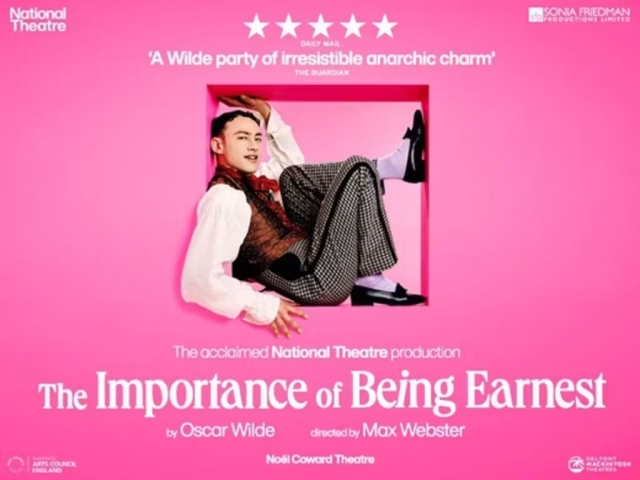
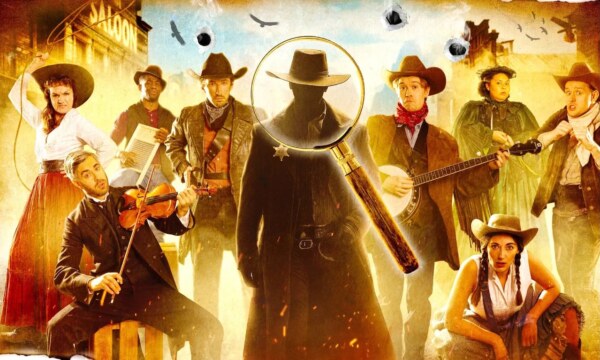
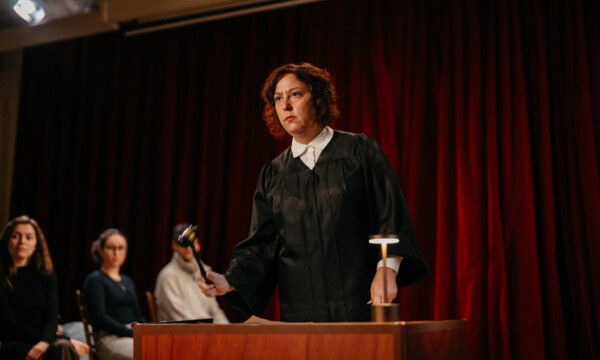
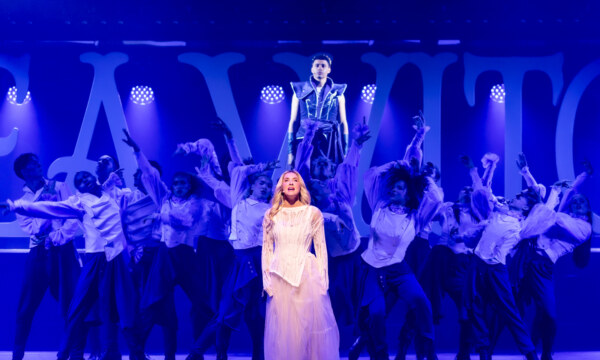
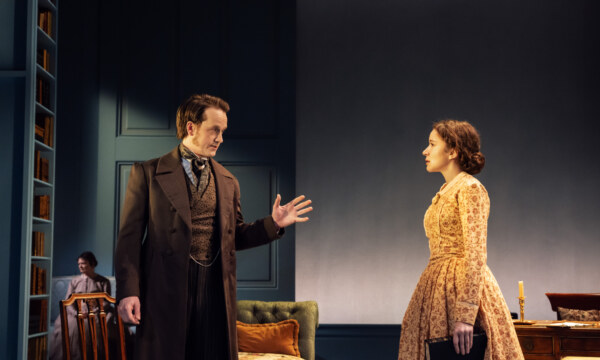

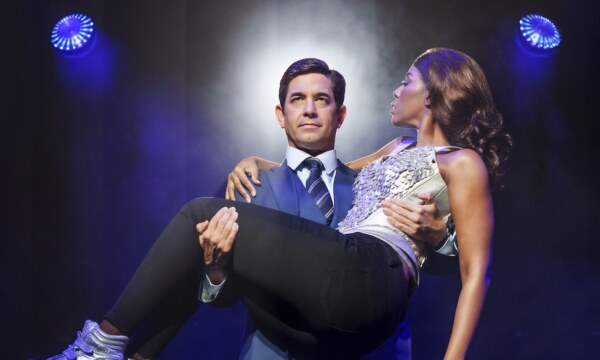
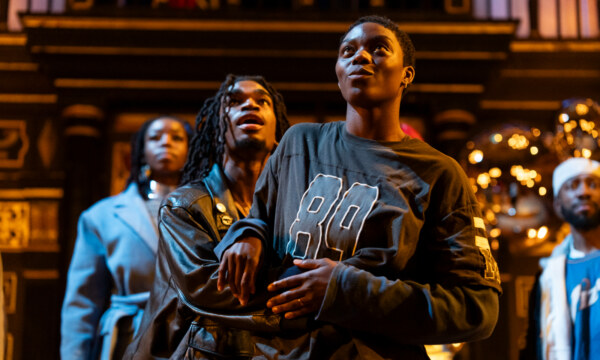
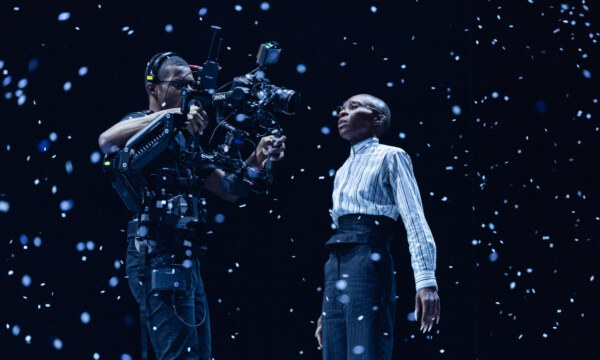
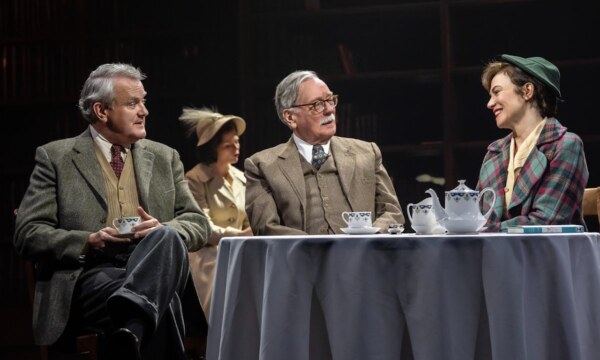






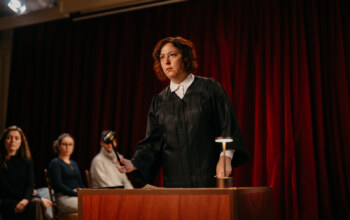






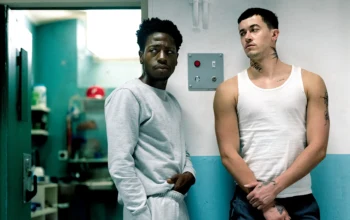
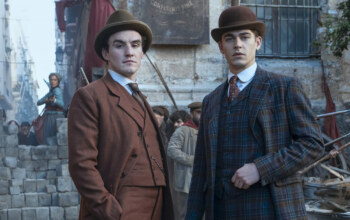
Facebook
Twitter
Instagram
YouTube
RSS